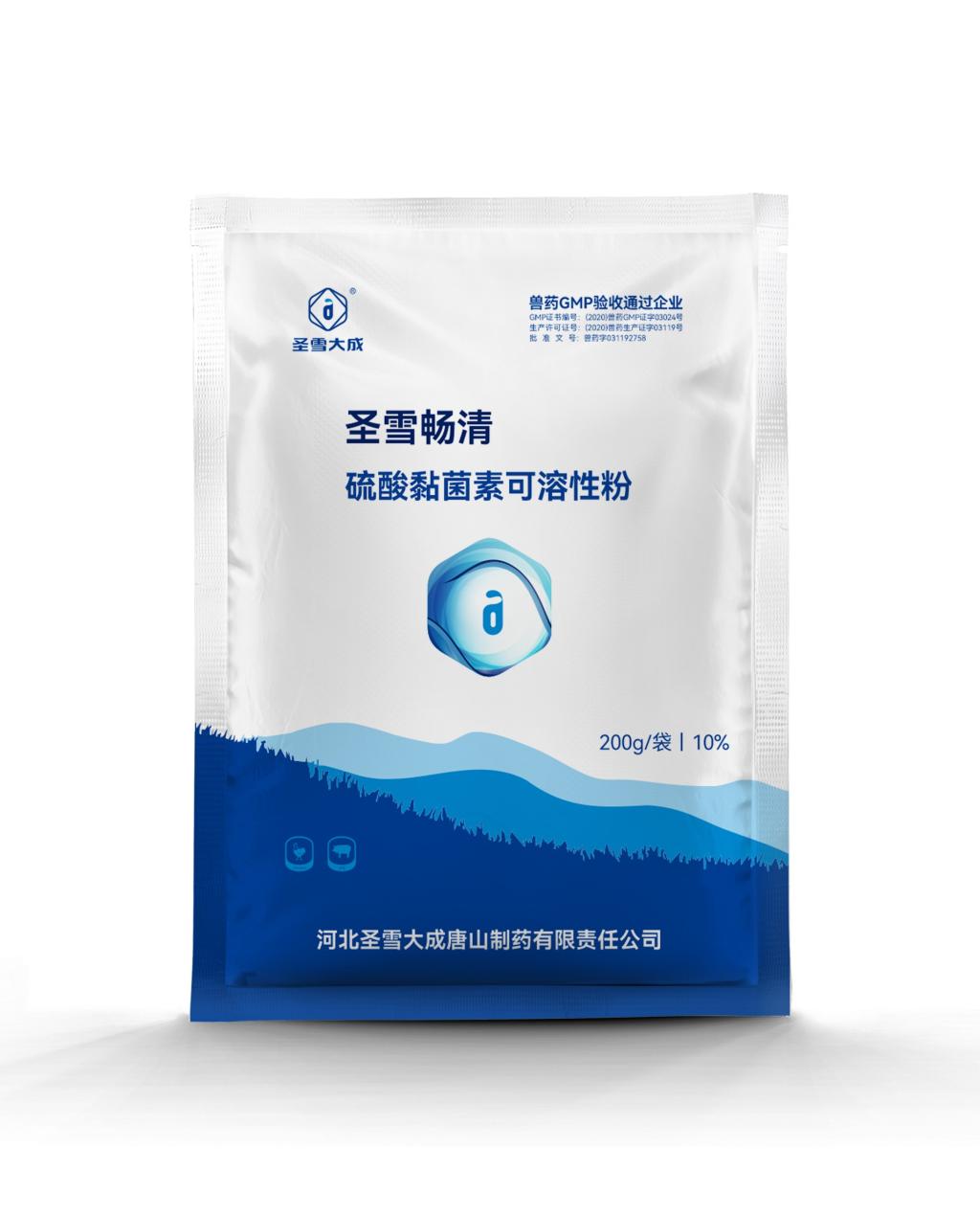Tel:0086 18231198596

News
Current Position:
Home >
News
>Overcoming Obstacles: Colistin Sulfate Soluble Powder in Livestock Production.
Overcoming Obstacles: Colistin Sulfate Soluble Powder in Livestock Production.
TIME:2024-01-02
The Importance of Livestock Production:
Livestock play a crucial role in providing meat, milk, and other products essential for human nutrition. Livestock production contributes significantly to the global economy, supporting livelihoods and ensuring food security. However, this industry faces various obstacles that can impact animal health, productivity, and overall sustainability.
Bacterial Infections in Livestock:
Bacterial infections represent a major obstacle in livestock production. Diseases caused by bacteria, such as Escherichia coli, Salmonella, and Pasteurella, can lead to significant economic losses due to reduced growth rates, decreased milk production, and increased mortality rates. Managing bacterial infections is essential for maintaining the health and well-being of livestock.
Colistin Sulfate Soluble Powder: A Key Antibiotic:
Colistin sulfate soluble powder, belonging to the polymyxin class of antibiotics, has been widely used in veterinary medicine to combat Gram-negative bacterial infections in livestock. Its effectiveness against a broad spectrum of bacteria, especially those resistant to other antibiotics, makes it a valuable tool in the veterinarian's arsenal.
The Rise of Antibiotic Resistance:
Despite its effectiveness, the use of colistin sulfate raises concerns about antibiotic resistance. The emergence of resistant strains of bacteria, such as those carrying the mcr-1 gene, poses a threat to both animal and human health. Overcoming the challenges associated with antibiotic resistance is a critical aspect of sustainable livestock production.
Obstacles to Sustainable Livestock Production:
Several obstacles hinder the achievement of sustainable livestock production. These include the overuse and misuse of antibiotics, environmental concerns related to antibiotic residues, and ethical considerations regarding animal welfare. Overcoming these obstacles requires a multifaceted approach that balances the need for effective treatments with responsible and sustainable practices.
Strategies for Responsible Antibiotic Use:
To address the challenges associated with antibiotic use, including colistin sulfate soluble powder, responsible use strategies must be implemented. These strategies include adherence to dosage guidelines, proper diagnosis of bacterial infections, and the incorporation of alternative therapies. Veterinarians and livestock producers play a crucial role in ensuring that antibiotics are used judiciously.
Alternatives to Colistin Sulfate:
Exploring alternatives to colistin sulfate is essential for sustainable livestock production. Research is underway to develop vaccines, probiotics, and other non-antibiotic interventions that can help prevent and manage bacterial infections. Integrating these alternatives into existing disease management strategies contributes to reducing reliance on antibiotics.
Enhancing Farm Biosecurity:
Improving biosecurity measures on farms is a proactive approach to preventing bacterial infections. Strict biosecurity protocols, including quarantine procedures, controlled access, and hygiene practices, help minimize the introduction and spread of infectious agents. Biosecurity measures are instrumental in reducing the need for therapeutic interventions like colistin sulfate.
Education and Training: Empowering Stakeholders:
Education and training programs are vital for empowering stakeholders in the livestock industry. Veterinarians, farmers, and farmworkers need access to knowledge about responsible antibiotic use, disease prevention, and sustainable livestock management practices. Training initiatives foster a culture of awareness and accountability within the industry.
Regulatory Oversight: Striking a Balance:
Regulatory oversight is crucial for striking a balance between the need for effective treatments and the risks associated with antibiotic use. Stringent regulations and monitoring mechanisms ensure that colistin sulfate and other antibiotics are used in accordance with established guidelines. Regulatory bodies play a key role in fostering responsible practices within the livestock sector.
Addressing Environmental Concerns:
Environmental concerns related to antibiotic residues in soil and water necessitate proper waste management practices on farms. Adequate treatment of animal excretions and wastewater helps minimize the environmental impact of antibiotic use. Sustainable farming practices, such as rotational grazing and integrated farming systems, contribute to reducing the overall ecological footprint.
Technological Innovations: Precision Livestock Farming:
Technological innovations in precision livestock farming offer promising solutions. Advanced monitoring systems, including sensors, data analytics, and remote sensing technologies, enable real-time health monitoring of livestock. Precision livestock farming enhances disease detection, allowing for timely interventions and reducing the need for broad-spectrum antibiotics like colistin sulfate.
Global Collaboration for Sustainable Practices:
Sustainable livestock production requires global collaboration. Sharing best practices, research findings, and innovative solutions on an international scale facilitates the development of standardized approaches. Collaborative efforts among governments, international organizations, and the private sector contribute to the adoption of sustainable practices globally.
Conclusion: Toward Sustainable Livestock Production:
In conclusion, overcoming obstacles in livestock production involves navigating the challenges associated with bacterial infections, antibiotic use, and sustainability. Colistin sulfate soluble powder, while valuable in managing bacterial infections, must be used judiciously to address concerns related to antibiotic resistance and environmental impact. Sustainable practices encompass responsible antibiotic use, biosecurity measures, education, technological innovations, and global collaboration. By embracing a holistic and collaborative approach, the livestock industry can achieve a balance between ensuring animal health, meeting global demand, and safeguarding the long-term sustainability of livestock production.

 CONTACT
CONTACT




